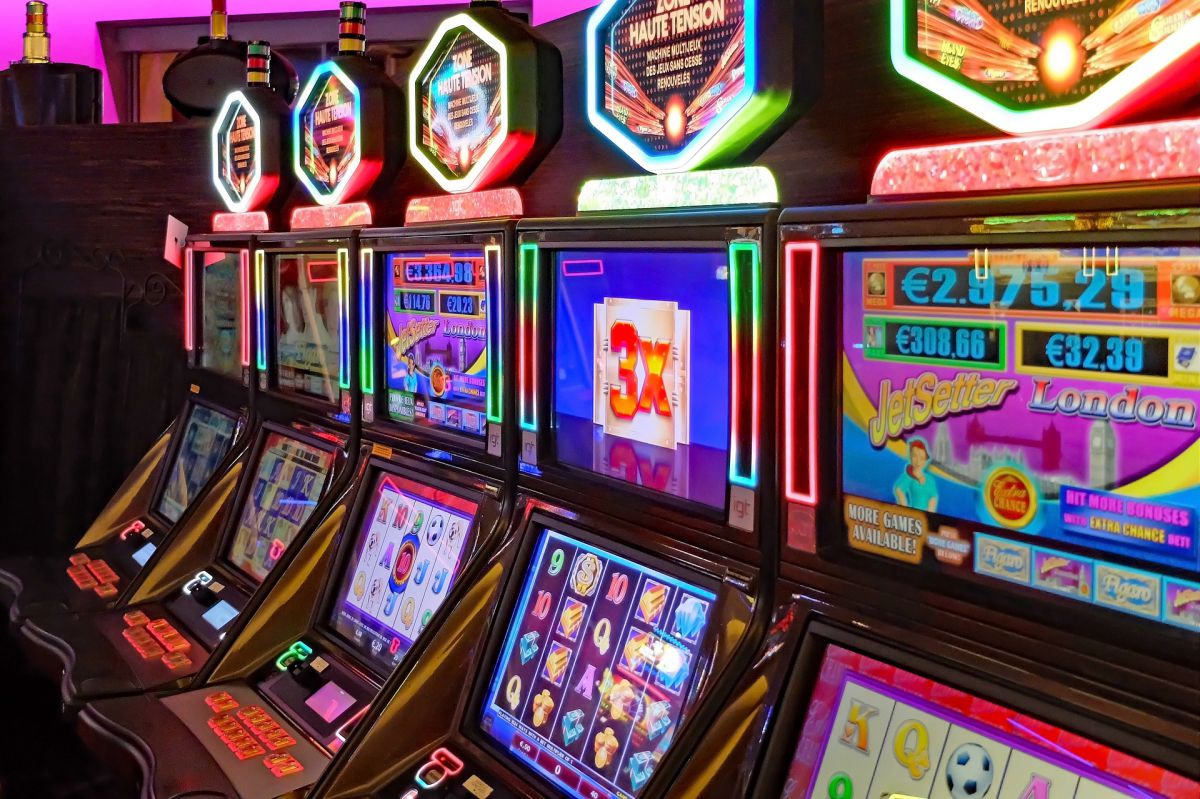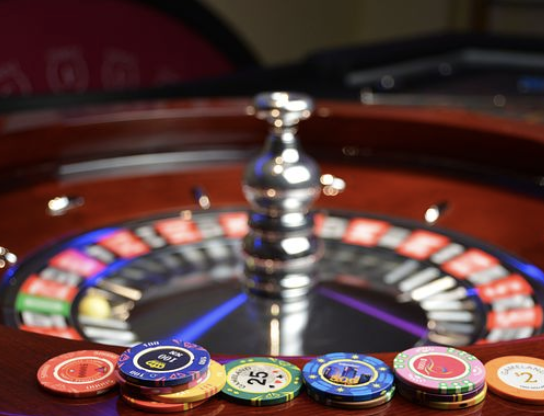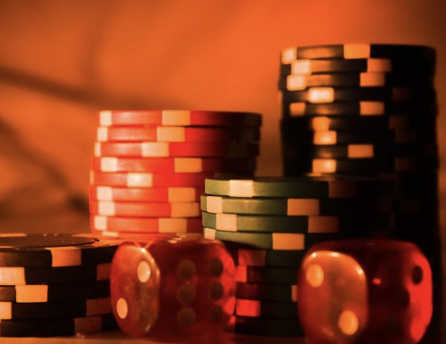What Happens After You Win?
Courtesy of Michael Batnick
 When I’m in a casino I tend to do two things:
When I’m in a casino I tend to do two things:
- I bet conservatively when I’m winning
- I bet aggressively when I’m losing.
This is not consistent with rational behavior, but evidently I’m not alone. This affliction runs rampant in our species.
Economists reviewed more than five hundred thousand online poker hands and looked at how big gains or losses influences short-term behavior. They concluded that “after a loss about two-thirds of players are looser and more likely to bet to stay in a game than after a win.” This research comes from Allison Schrager’s soon to be released book, An Economist Walks Into a Brothel.
If aliens came down to our planet, they wouldn’t understand why we make decisions this way. Should’t you be loose after winning and stiff after losing? In theory, yes, but if you’ve ever sat at a Blackjack table, you know how stressful winning can be.
Losing players tend to count their chips after a winning streak. They submit to the temptation to get up and walk away. Winning breeds paranoia. We become paralyzed by the fear that we’re going to give back our winnings. Losing money has the opposite effect.
When we lose money and have a chance to win it back right away, or even come out ahead, not only do we take more risk, but we take even bigger risks and thereby subject ourselves to even bigger losses. If we want to avoid loss, it would be better to just walk away. The break-even effect explains your conviction that the next hand of blackjack or the next coin in the slot machine will make you whole or win back your money and then some.
 We’ve known for a while that investors react differently to gains and losses, but recently there have been new developments. In a paper by Essentia Analytics called Holding The Line, they revealed the results of a new study that tracked investors over a period spanning ten years to find out how winning and losing affects short-term performance.
We’ve known for a while that investors react differently to gains and losses, but recently there have been new developments. In a paper by Essentia Analytics called Holding The Line, they revealed the results of a new study that tracked investors over a period spanning ten years to find out how winning and losing affects short-term performance.
Here are a few of their findings (taken from the paper):
- Over half of PMs changed their behavior in one way or another when on a streak. Nearly one in four changed it when winning, and 41% changed it when losing
- When managers were on a winning streak, the majority of them traded less often and made fewer decisions. That’s just as well, because the decisions they make when on a winning streak tended to destroy value.
- When they were on a losing streak, managers typically traded more often, and in larger size, increasing portfolio turnover. Those decisions tended to destroy even more value.
The majority of gamblers and investors tend to be over-protective of their winnings. Others however, become emboldened after a winning streak. In a game of chance where reversion to the mean is certain, pressing your winners is a good way to give it all back and then some. In the stock market, however, where prices tend to exhibit momentum characteristics, the emboldened investor can turn this bravado into his or her advantage.
 It’s hard to bet big when you’re winning, and it’s really hard to buy a stock that gaps up 15%, but this is what winners do. In the words of George Soros, “it takes courage to be a pig.” Stanley Druckenmiller was one of those rare people who possessed the ability to walk away after a small loss and the courage to bet huge when the market went his way. In an interview with Real Vision, he said, “The most important job for a money manager is to understand when they’re cold and hot.”
It’s hard to bet big when you’re winning, and it’s really hard to buy a stock that gaps up 15%, but this is what winners do. In the words of George Soros, “it takes courage to be a pig.” Stanley Druckenmiller was one of those rare people who possessed the ability to walk away after a small loss and the courage to bet huge when the market went his way. In an interview with Real Vision, he said, “The most important job for a money manager is to understand when they’re cold and hot.”
Your brain works against you when you’re cold and when you’re hot, everyone knows this. But the difference between knowing and executing is why the Market Wizards



